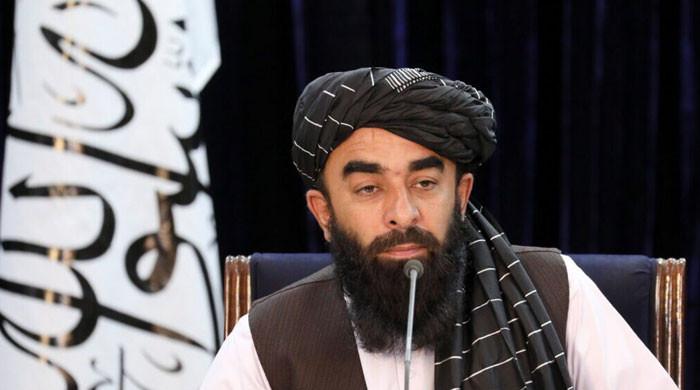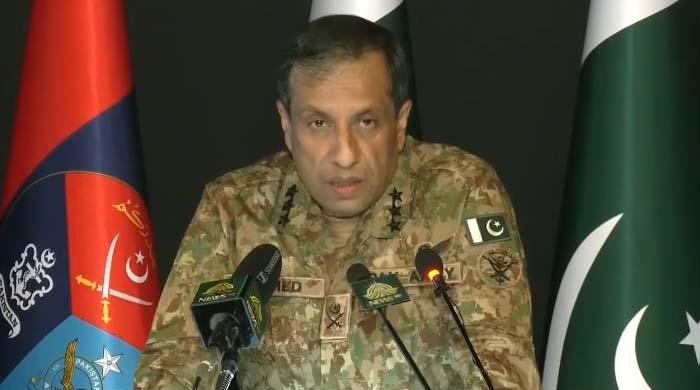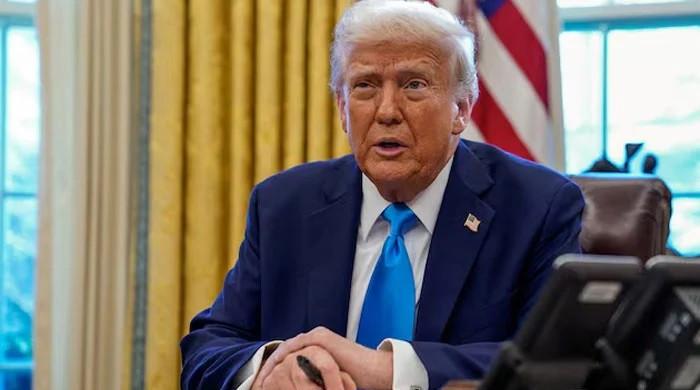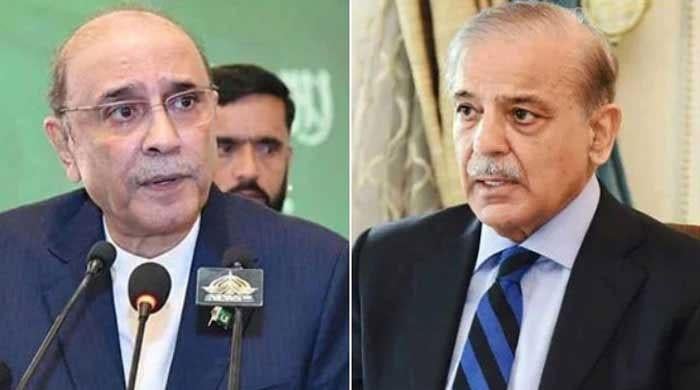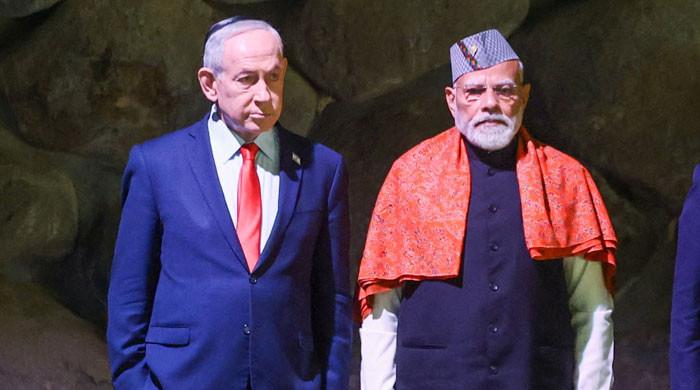Fake news, post-truths, alternative facts in 100 days
In the 100 days PM Imran Khan has been in power, his administration has been the target of misinformation or outright lies, prompting the information ministry to launch a war against fake news
November 26, 2018
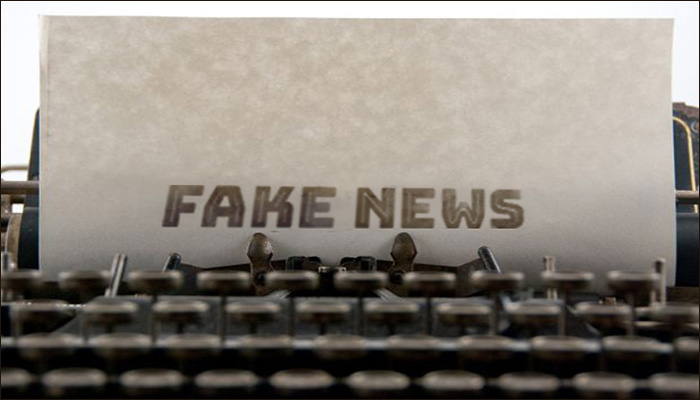
The catch-all term, “fake news,” may have been popularised by US President Donald J. Trump, but it is also finding its roots in the Imran Khan era. While Trump uses it to discredit journalists unfavorable to him, the threat of fictional stories dressed up as news reports is real.
In the 100 days Imran Khan has been in power, his administration has been the target of misinformation or outright lies at least seven times, prompting the Ministry of Information to launch a war against fake news. In October, it launched the Twitter account, Fake News Buster (@FakeNews_Buster), to clamp down on viral hoaxes about the government.
So, who said what? And who was lying? Geo.tv lists down the fake news:
Damned Lies
After the prime minister’s appeal for donations to crowdfund two massive dams in Pakistan, pledges began pouring in, from state officials and celebrities. But some of these large donations were made up.
A Facebook page created, titled ‘PTI Washington DC,’ claimed that American-Pakistani businessman Shahid Khan had written a cheque of $10 million for the water dams. Similar claims were made about former president Pervez Musharraf and Facebook CEO Mark Zuckerberg. But none of this was true. The Pakistan Tehreek-e-Insaaf (PTI) leadership later rubbished the reports.
Not in the family
Syed Zulfikar Bukhari is a contentious figure. Not much is known about the British Pakistani and close aide of Imran Khan. He was expected to land an official position, and he did. In September, Bukhari was appointed the special assistant to the prime minister on overseas Pakistanis and human resource development.
But before the month could end, he was in the news again. According to a fictitious notification shared on the social media, Bukhari’s sister, Maleeka Bokahri, was to head the Benazir Income Support Program. But Maleeka is not Zulfikar Bukhari’s sister and neither was she the new chairperson of the program. The PTI parliamentarian took to Twitter to strongly deny the news.
Family politics?
Mehru Hayat, the first lady’s daughter from her previous husband, joined Imran Khan’s political party in August. Soon after a Twitter account claimed that Hayat had been appointed the advisor to the prime minister on women empowerment. Not only that she would be taking home a whopping salary of Rs. 750,000 per month.
The tweet sent the social media into a tizzy, raking up thousands of retweets and likes. But the veracity of the news could not be confirmed. Finally, the Pakistan Tehreek-e-Insaaf’s (PTI) official Twitter account confirmed it to be false news.
Pimp my ride
All that talk about austerity measures, opened the sluice gates of creative thinking. Prime Minister Imran Khan promised to set an example in humility. And he did, by eschewing the tradition to live in the hill-top Prime Minister House. He also cut down the number of vehicles in his entourage. But when a video circulated of him driving in a beat-up Suzuki Mehran, without a security detail, many asked: Is the prime minister taking it a little too far? No, he wasn’t, we soon learned. The official PTI Twitter and Facebook page clarified that the man in the video was not the prime minister, but a resident of Nowshera. But that resemblance…
Chico Jahangir
After taking power, it became clear that Imran Khan’s close friends would be given a seat at the official table. One of the select few was Sahibzada Jahangir, a British Pakistani, who had been loyal to the PTI for over two decades. Chico – as Khan referred to him – was handed over the portfolio of special assistant on foreign investment. But he declined the offer, when made-up news reports began circulating that he had been involved in fraudulent practices in the United Kingdom.
Separately, Geo News also confirmed it to be fake news.
The tale of an airplane
This one was a little hard to figure out and still has us scratching our heads. On October 25, the editor of an Israeli daily triggered a maelstrom of speculations after he tweeted that a private aircraft had secretly travelled from Tel Aviv, Israel, to Islamabad. The two countries do not have any diplomatic ties and do not allow each other to use their airspace. The tweet made it to primetime news and soon denials were sounding from every official quarter. Pakistan’s Civil Aviation Authority (CAA) rubbished the report. Foreign Minister Shah Mehmood Qureshi said the baseless reports did not warrant a response. Then the president ruled out any kind of relations with Israel. However, the BBC Urdu reported that the aircraft in question was Canadian-manufactured and it also quoted the Israeli editor who insisted that the plane took off from Israel, landed in Amman for five minutes and then came to Islamabad.
Did she or did she not?
After Asia Bibi, a poor Christian woman, who spent eight years on death row, was acquitted by the Supreme Court, a guessing game began: When would Bibi leave Pakistan? Which country would she seek asylum in?
Although Bibi had been declared innocent by the highest court, religious rioters took to the streets against the decision, shutting down cities and main thoroughfares for three days. In a peace agreement signed between the government and protesters, the state agreed to place Bibi’s name on the Exit Control List, to prevent her from leaving the country. But a few days later, media outlets reported that Bibi had been flown out of her cell in Multan and is now heading to a foreign country. The Ministry of Interior quickly squashed the report as rumors, warning that the purveyors of fake news can be prosecuted under the law.
—Produced by Benazir Shah




